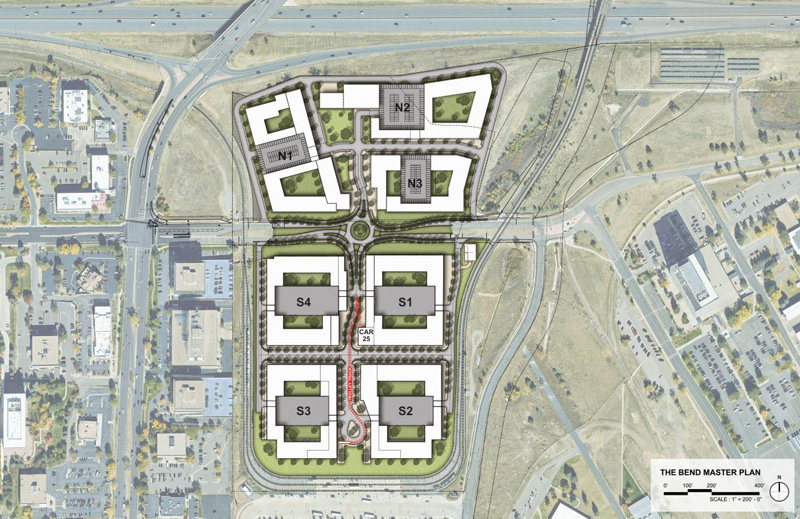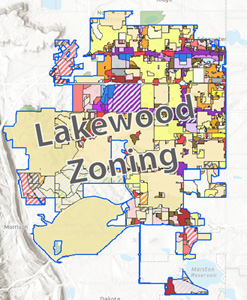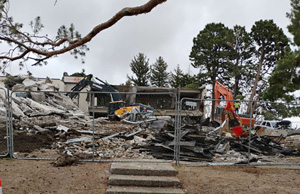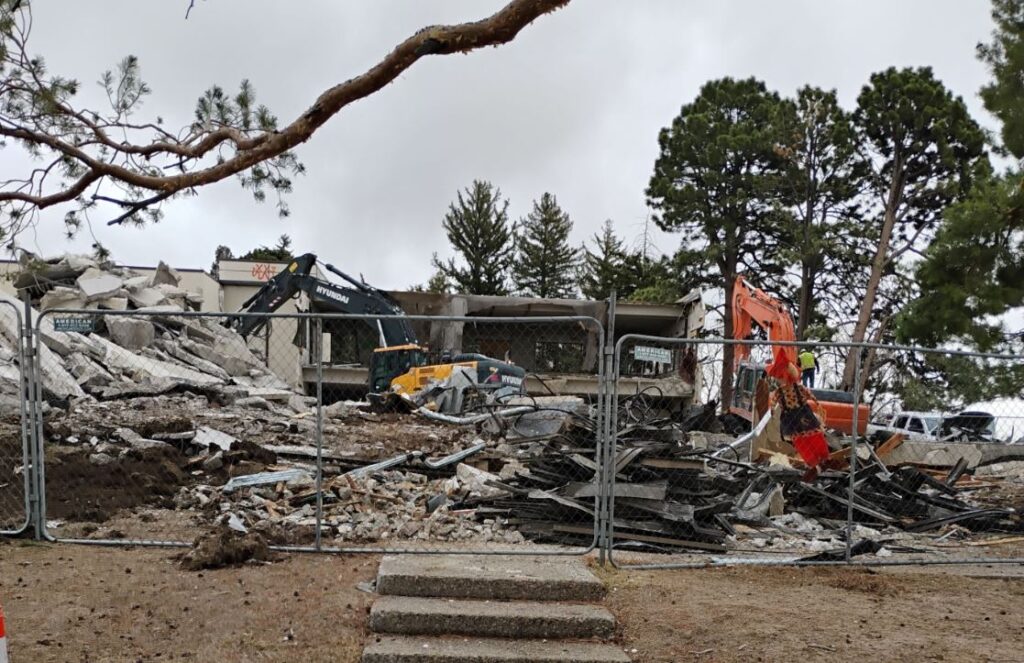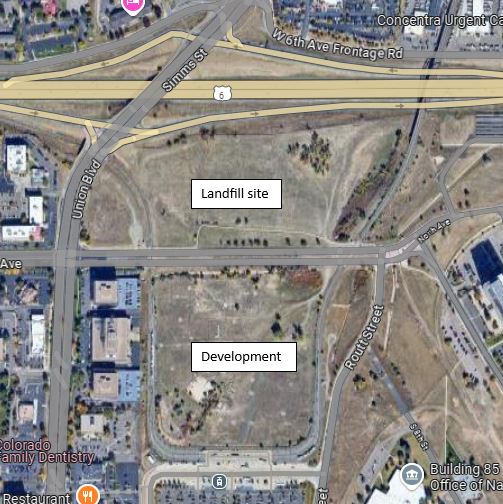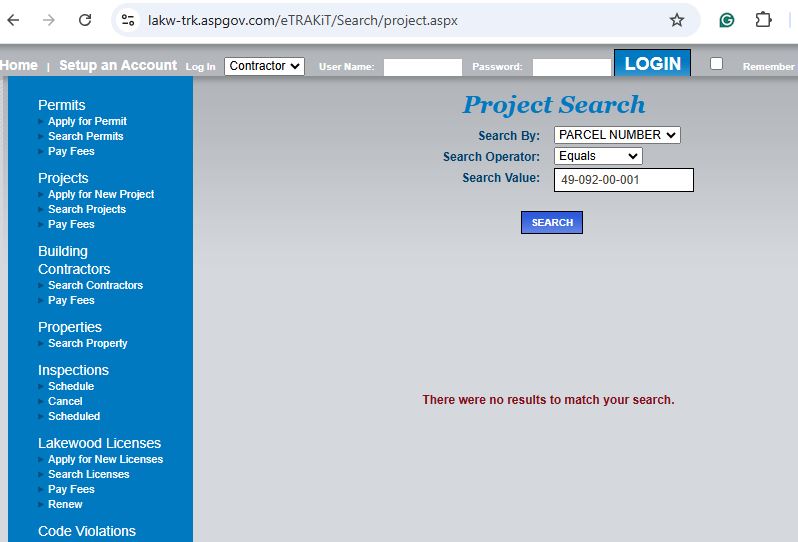Thanks to a Lakewood Informer reader and local resident, the site plan for The Bend has been revealed! Contrary to previous reporting, plans have indeed been laid but when discussed in public meetings, those plans were “punted” till later. The north half was not a focus for the City because the planning department granted the developer a phased development status since remediation plans have not been set.
Our reader supplied a full list of instructions to access this information online, which were not provided with Lakewood’s CORA response. To view the plans, the public must register with the eTRAKiT site and login.
The address associated with the project is 11601 W 2nd Pl. In eTRAKiT, search for the following project numbers:
- FI24-0012 (final plat)
- SP24-0006 (site plan)
- ZP24-0005 (preplanning letter)
- MD24-0001(metro district)
The master plan reveals the area north of 4th Ave that is currently labeled “do not disturb” will eventually have more residential housing than the south end, totaling about 2000, rather than 2000 only on the south end.
There is currently no public plan for remediation or start times while the developer, Lincoln Properties, works to secure the pieces necessary to get a metropolitan district approved. The metro district will be used as a funding mechanism, rather than a service mechanism, and nothing can proceed without funding.
The difference between a funding mechanism and service mechanism is important because metropolitan districts are granted government privileges based on providing public services.
To get any kind of infrastructure built on the landfill, the site will need remediation. The safety of the future residents would dictate that full site remediation be completed before building. It’s possible the profits from the south side will be used to fund the north side, or be used to repay developer investment before moving on to the more costly north side.
A bank or private investors might demand remediation first since the success and cost of remediation will dictate overall project success. Federal grants are available to assist, which in this case is only right since the federal government caused the contamination. State grants are also available, many of which are pass-through for federal funds.
Much of the rest of the funding will come through Lakewood’s Urban Renewal financing and metro district bonds. With Lakewood-approved, government-backed guarantees through metro districts, the developer can privatize the benefits while socializing the risks. The benefit to the public will be the ability to live on this revitalized land.
In this case, there is no public living there and asking for a democratic vote on public services. Those future residents are depending on the city to represent their interests. There is no direct representation for taxation.
